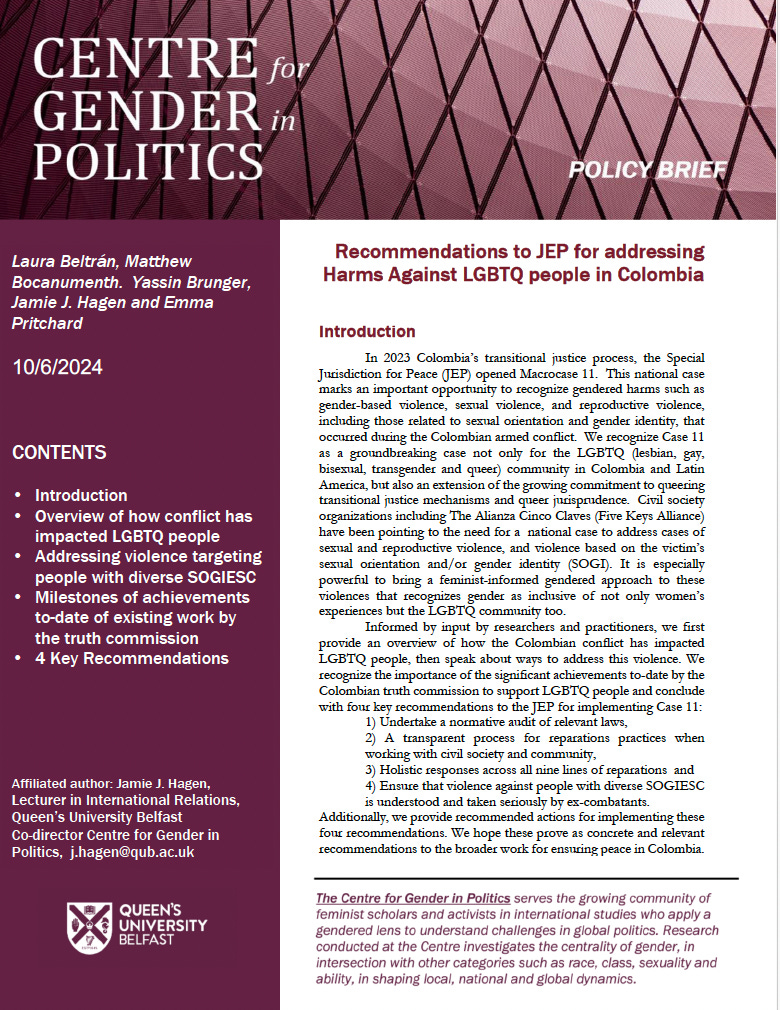Policy Brief: Recommendations to the Colombian JEP for addressing Harms Against LGBTQ people in Colombia
Cases of prejudice-based violence against people with diverse SOGIE characteristics, as well as sexual violence, should both be recognized as forms of gender-based violence
This June, Queen’s University Belfast hosted the conference 'The Disappeared: Addressing the Legacies and Challenges of Confronting Human Disappearance'. The conference provided an outstanding opportunity to engage with a number of conference speakers active with Colombia’s Special Jurisdiction for Peace (JEP) including the President of the JEP and Judge of the Truth and Acknowledgment Section of the Peace Tribunal, Roberto Carlos Vidal López.
During the conference, attendee Jamie J. Hagen shared the policy brief ‘Recommendations to the Colombian JEP for addressing Harms Against LGBTQ people in Colombia’ with four key recommendations. In addition to the four Key Recommendations with Suggested Actions, policy brief includes an Overview of how conflict has impacted LGBTQ people, a section on Addressing violence targeting people with diverse SOGIESC, and Milestones of achievements to-date of existing work by the Colombian truth commission.
The policy brief is authored by Laura Beltrán of the Colombian LGBTQ organization Colombia Diversa, Matthew Bocanumenth who recently graduated from the Kroc Institute for International Peace Studies, Yassin Brunger (QUB), Jamie J. Hagen (QUB) and Emma Pritchard who is a Phd student at Oxford. The policy brief is the result of a collaboration between researchers and practitioners, international and Colombian, who have been engaging with these issues for years. The most recent discussion began during a workshop while Jamie J. Hagen was visiting the University of Notre Dame as a Legacy grantee, hosted by María Prada, Kroc Institute Visiting Research Fellow and former permanent advisor to the President of the Colombian Truth, Reconciliation, and Non-Repetition Commission.
After sharing the policy brief with a number of those working with the JEP, the authors of the policy brief have been invited to a consultation in October 2024 for further engagement on the recommendations for addressing harms against the LGBTQ community as part of ongoing Macrocase 11 which aims to deliver accountability for survivors and victims of sexual and gender-based violence.
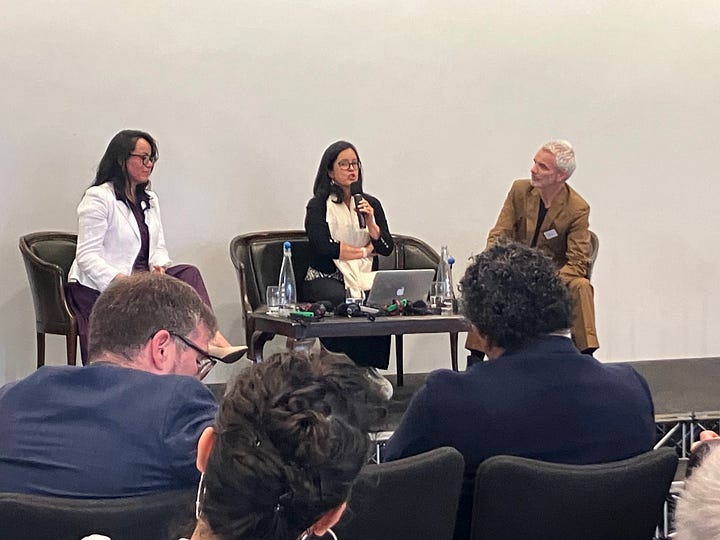
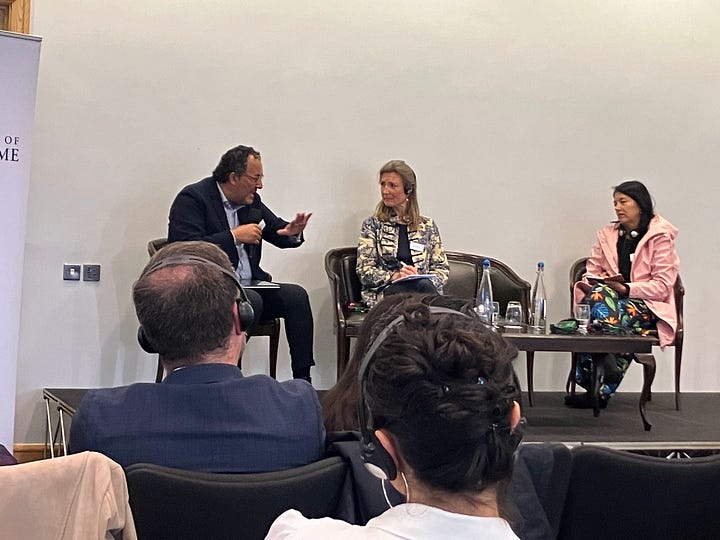
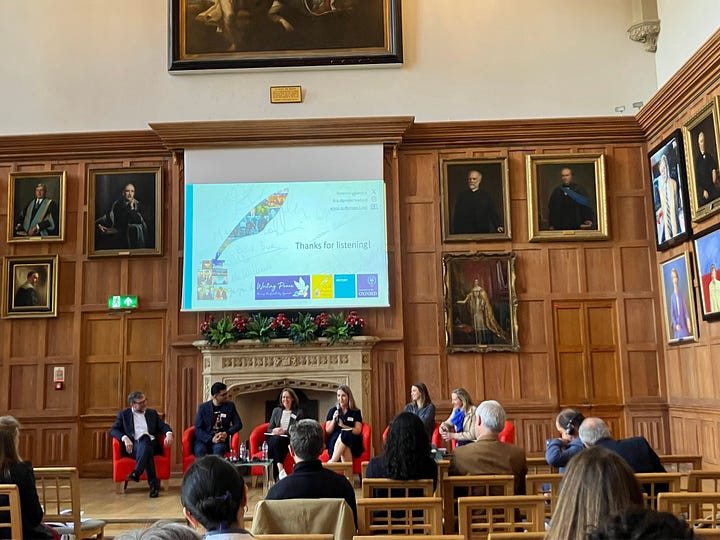
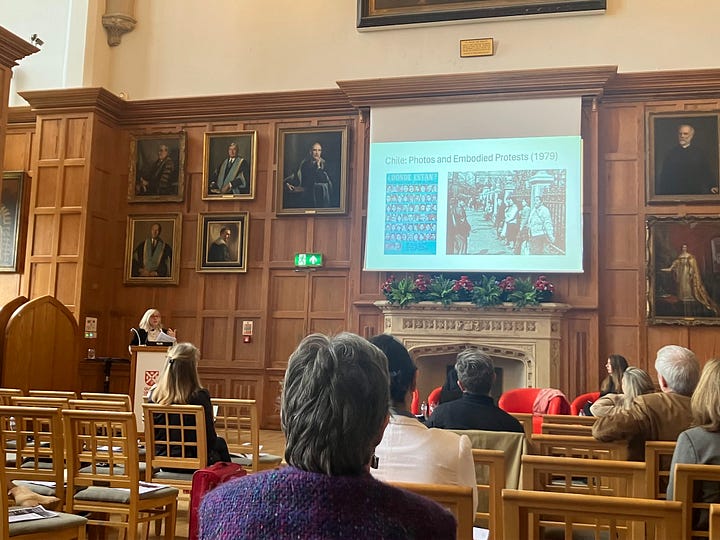
You can read the introduction below, and download the full policy brief in English and Spanish with the following Download buttons.
Recommendations to the Colombian JEP for addressing Harms Against LGBTQ people in Colombia
By: Laura Beltrán, Matthew Bocanumenth. Yassin Brunger, Jamie J. Hagen and Emma Pritchard
Introduction
In 2023 Colombia’s transitional justice process, the Special Jurisdiction for Peace (JEP) opened Macrocase 11. This national case marks an important opportunity to recognize gendered harms such as gender-based violence, sexual violence, and reproductive violence, including those related to sexual orientation and gender identity, that occurred during the Colombian armed conflict. We recognize Case 11 as a groundbreaking case not only for the LGBTQ (lesbian, gay, bisexual, transgender and queer) community in Colombia and Latin America, but also an extension of the growing commitment to queering transitional justice mechanisms and queer jurisprudence. Civil society organizations including The Alianza Cinco Claves (Five Keys Alliance) have been pointing to the need for a national case to address cases of sexual and reproductive violence, and violence based on the victim’s sexual orientation and/or gender identity (SOGI). It is especially powerful to bring a feminist-informed gendered approach to these violences that recognizes gender as inclusive of not only women’s experiences but the LGBTQ community too.
Informed by input by researchers and practitioners, we first provide an overview of how the Colombian conflict has impacted LGBTQ people, then speak about ways to address this violence. We recognize the importance of the significant achievements to-date by the Colombian truth commission to support LGBTQ people and conclude with four key recommendations to the JEP for implementing Case 11:
1) Undertake a normative audit of relevant laws,
2) A transparent process for reparations practices when working with civil society and community,
3) Holistic responses across all nine lines of reparations and
4) Ensure that violence against people with diverse SOGIESC is understood and taken seriously by ex-combatants.
Additionally, we provide recommended actions for implementing these four recommendations. We hope these prove as concrete and relevant recommendations to the broader work for ensuring peace in Colombia.





